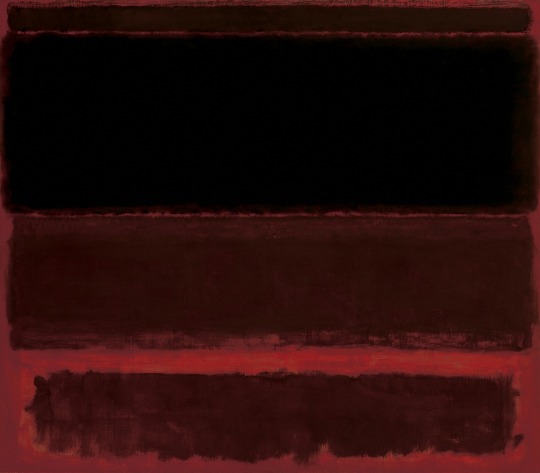https://www.tumblr.com/tagged/arch%20designing%20studio
Don't wanna be here? Send us removal request.
Text

In a prairie-style house on a Hawaiian ranch, a built-in bench and table offer views of rolling hills, distant volcanoes, and the ocean beyond.
The Kitchen Idea Book, 1999
615 notes
·
View notes
Text

I am on a lifelong quest to paint super round, chunky flowers that look like cabbages. This is the latest installation!
14K notes
·
View notes
Text

Light metal supports are here threaded with wires to support vines. When mature, vines provide an ideal protection from sun.
The Garden Book, 1984
739 notes
·
View notes
Photo

Photographer: Sabo Sugi (edited by phantastrophe)
9K notes
·
View notes
Text
3K notes
·
View notes
Photo

WISPIT 2b: Exoplanet Carves Gap in Birth Disk Image Credit: ESO, VLT, SPHERE; Processing & Copyright: ESO, Richelle van Capelleveen (Leiden Obs.) et al.; Text: Ogetay Kayali (MTU) Explanation: That yellow spot – what is it? It’s a young planet outside our Solar System. The featured image from the Very Large Telescope in Chile surprisingly captures a distant scene much like our own Solar System’s birth, some 4.5 billion years ago. Although we can’t look into the past and see Earth’s formation directly, telescopes let us watch similar processes unfolding around distant stars. At the center of this frame lies a young Sun-like star, hidden behind a coronagraph that blocks its bright glare. Surrounding the star is a bright, dusty protoplanetary disk – the raw material of planets. Gaps and concentric rings mark where a newborn world is gathering gas and dust under its gravity, clearing the way as it orbits the star. Although astronomers have imaged disk-embedded planets before, this is the first-ever observation of an exoplanet actively carving a gap within a disk – the earliest direct glimpse of planetary sculpting in action.
8 notes
·
View notes



















